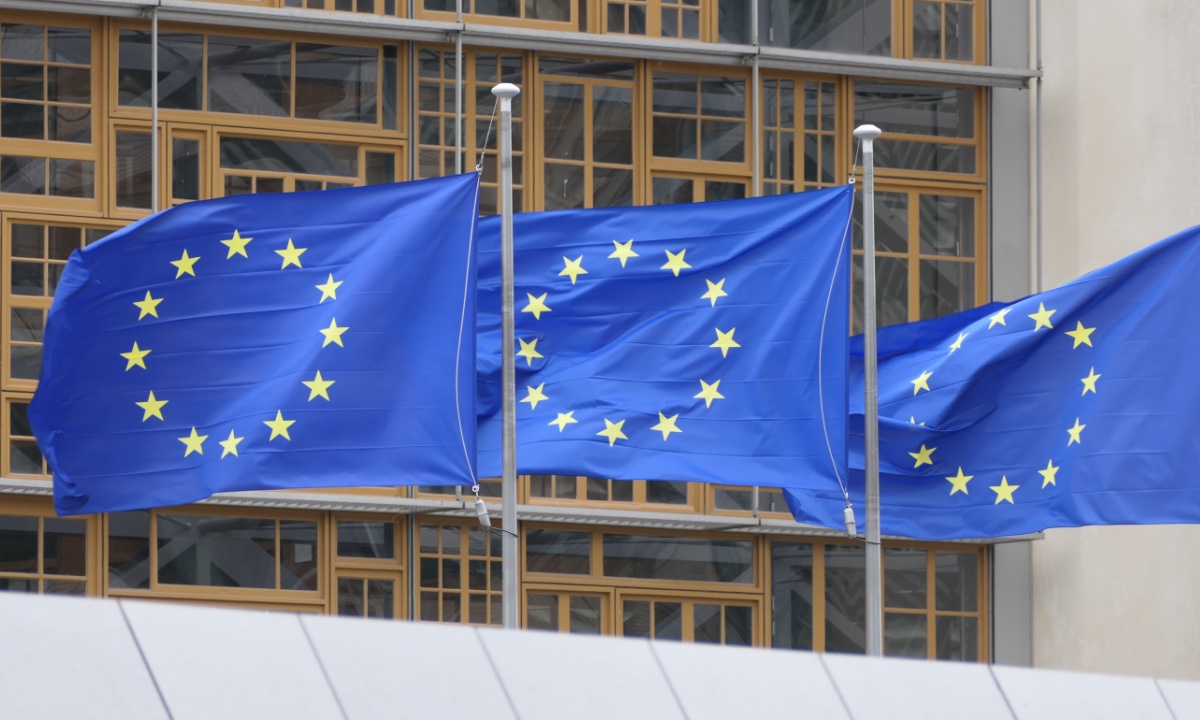
Corning, the US-based manufacturer of Gorilla Glass, has pledged to remove exclusivity clauses from its contracts with mobile phone manufacturers and raw glass processors. This proposal, announced on Monday, is aimed at resolving a European Union antitrust investigation and avoiding potential fines, according to Reuters.
The European Commission began investigating Corning earlier this month over concerns that its exclusive supply agreements might limit competition by sidelining rival glass producers. Gorilla Glass, known for its durability and break resistance, is widely used in mobile phones, tablets, and smartwatches. The company’s customers include major tech players such as Samsung, Sony, Google, Dell, Nokia, and reportedly, Apple as well.
To address the Commission’s exclusivity concerns, Corning has proposed several significant changes to its business practices. The company plans to eliminate all exclusive clauses in its agreements, ensuring mobile phone manufacturers are no longer required to source their alkali-aluminosilicate (Alkali-AS) glass solely from Corning. Additionally, Corning will not offer price incentives conditional on exclusive purchasing agreements. Another key concession includes dropping requirements that customers buy more than 50% of their glass needs from the company.
In a statement, Corning affirmed its commitment to regulatory compliance, saying it works closely with local authorities to maintain transparency and cooperation. “Corning has and will continue to be committed to compliance with all applicable rules and regulations where it does business,” the company stated.
The Commission has invited third parties to provide feedback on Corning’s proposals over the next six weeks. If the concessions are accepted, they will be binding for nine years.
Antitrust breaches can result in substantial financial penalties, with fines reaching as high as 10% of a company’s global annual revenue. By proactively addressing the Commission’s concerns, Corning is aiming to stave off such punitive measures while maintaining its competitive edge in the glass manufacturing sector.
Source: Reuters
Featured News
Judge Appoints Law Firms to Lead Consumer Antitrust Litigation Against Apple
Dec 22, 2024 by
CPI
Epic Health Systems Seeks Dismissal of Antitrust Suit Filed by Particle Health
Dec 22, 2024 by
CPI
Qualcomm Secures Partial Victory in Licensing Dispute with Arm, Jury Splits on Key Issues
Dec 22, 2024 by
CPI
Google Proposes Revised Revenue-Sharing Limits Amid Antitrust Battle
Dec 22, 2024 by
CPI
Japan’s Antitrust Authority Expected to Sanction Google Over Monopoly Practices
Dec 22, 2024 by
CPI
Antitrust Mix by CPI
Antitrust Chronicle® – CRESSE Insights
Dec 19, 2024 by
CPI
Effective Interoperability in Mobile Ecosystems: EU Competition Law Versus Regulation
Dec 19, 2024 by
Giuseppe Colangelo
The Use of Empirical Evidence in Antitrust: Trends, Challenges, and a Path Forward
Dec 19, 2024 by
Eliana Garces
Some Empirical Evidence on the Role of Presumptions and Evidentiary Standards on Antitrust (Under)Enforcement: Is the EC’s New Communication on Art.102 in the Right Direction?
Dec 19, 2024 by
Yannis Katsoulacos
The EC’s Draft Guidelines on the Application of Article 102 TFEU: An Economic Perspective
Dec 19, 2024 by
Benoit Durand